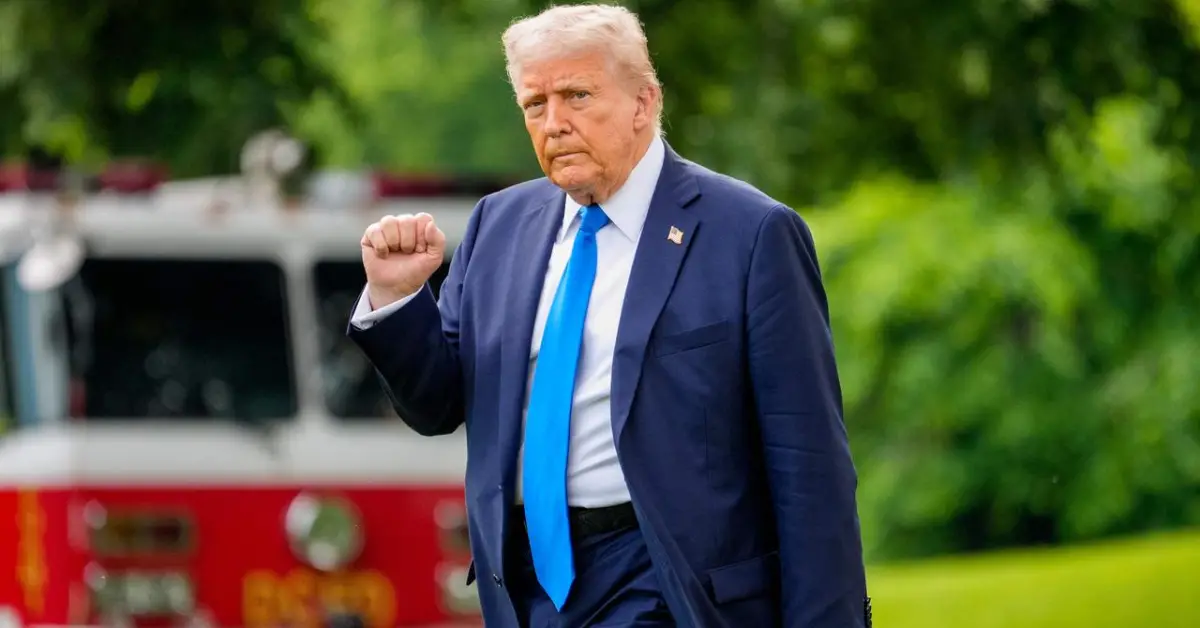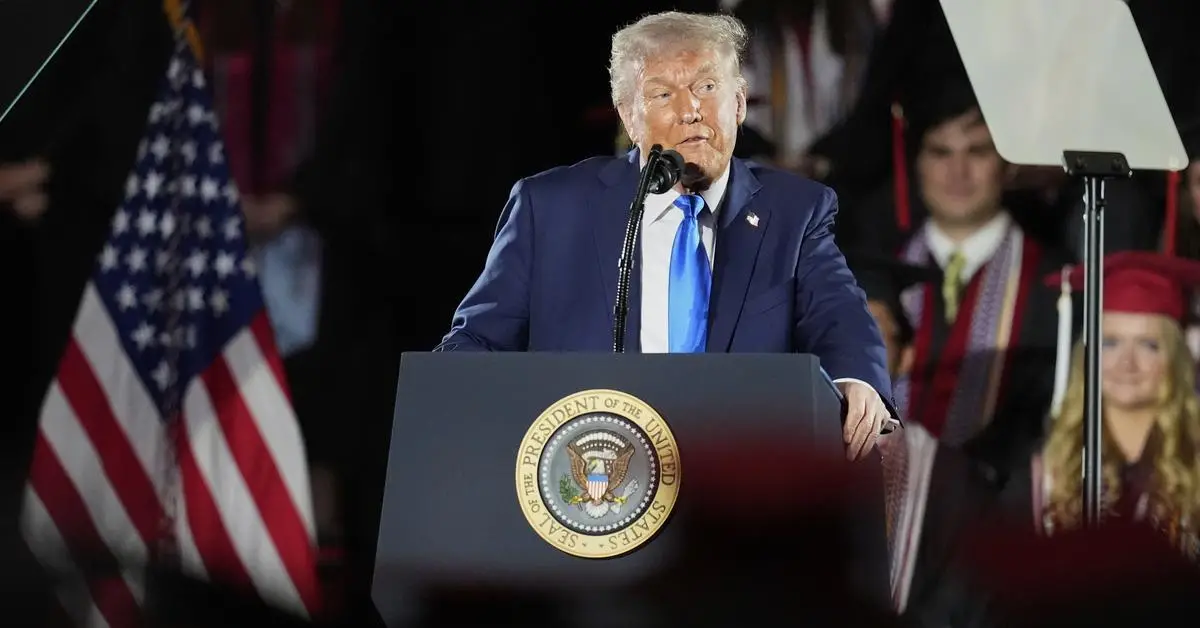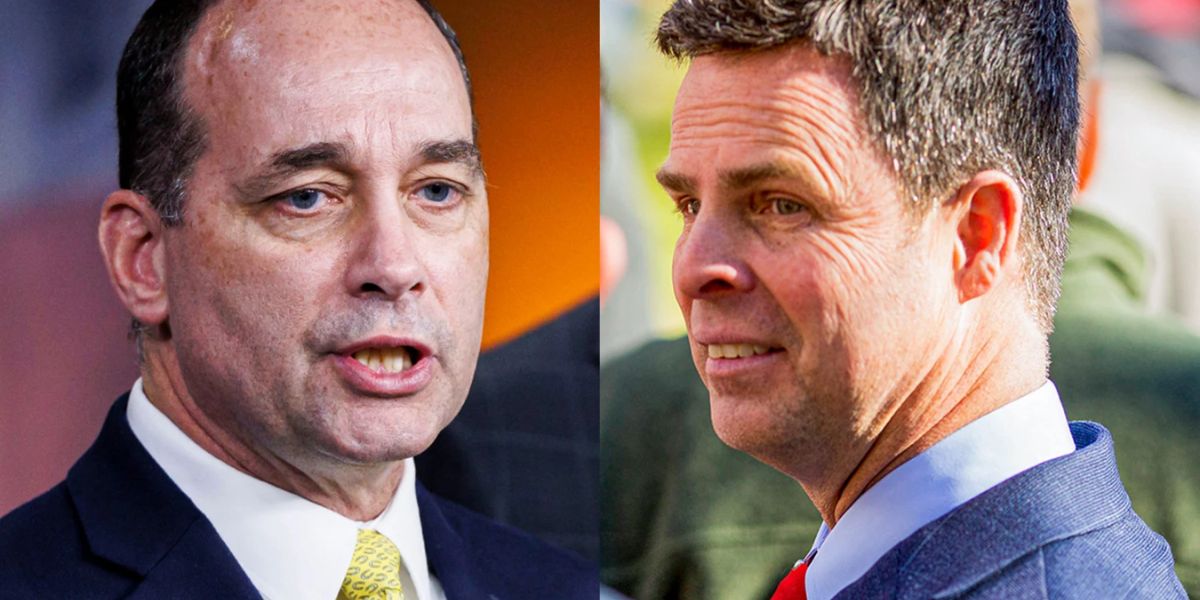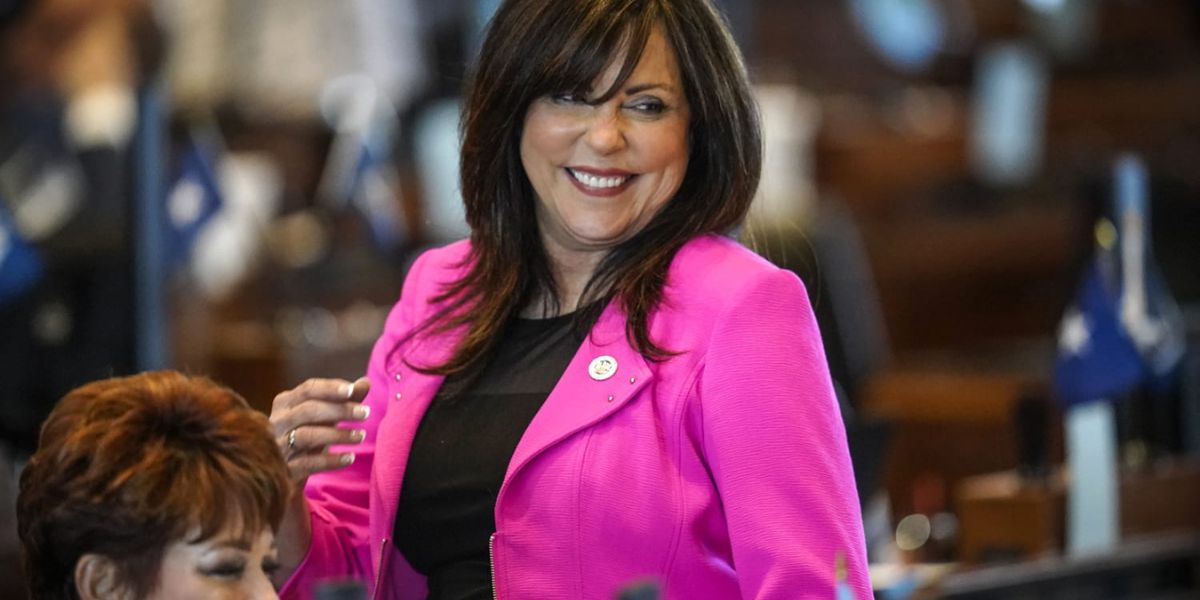U.S. President Donald Trump gave a surprising response when asked if he, as president, is required to uphold the U.S. Constitution. His answer? “I don’t know.”
This unexpected reply came during an appearance on NBC’s Meet the Press as Trump defended his administration’s approach toward deporting people who are in the United States without legal documentation. The conversation also touched on a controversial case involving a man named Kilmar Abrego Garcia, who was wrongfully deported to El Salvador, and Trump’s response left many stunned.
Trump’s Shocking Response
The U.S. Constitution is the backbone of American democracy. It guarantees rights such as freedom of speech, right to a fair trial, and due process under the law. So when a former president says he isn’t sure whether he’s bound to follow it, it naturally sparks concern.
When journalist Kristen Welker asked Trump directly if everyone in the U.S., regardless of immigration status, deserves due process, as clearly stated in the Fifth Amendment, he gave a vague and troubling reply:
“I don’t know. It might say that, but if you’re talking about that, then we’d have to have a million or 2 million or 3 million trials,” Trump said. “We have thousands of people that are some murderers and some drug dealers and some of the worst people on Earth.”
His comments suggest he believes that granting legal rights to every individual could overwhelm the system — but critics say that’s not an excuse to ignore the Constitution.
The Fifth Amendment & Due Process
The Fifth Amendment of the U.S. Constitution clearly states that no person shall be “deprived of life, liberty, or property, without due process of law.” The phrase “no person” includes everyone — even undocumented immigrants — and not just U.S. citizens. This is a well-established legal principle.
By saying he’s not sure if this rule applies, Trump has reignited a long-standing debate about who is protected by the Constitution and how much power the president really has regarding national security and immigration.
The Case of Kilmar Abrego Garcia
This conversation ties directly into the case of Kilmar Abrego Garcia, a Maryland man and father of three. Garcia was working as a sheet metal labourer in the U.S. when he was detained by immigration officials and deported to El Salvador, without receiving a proper trial.
In April, the U.S. Supreme Court ruled that the Trump administration must help bring Garcia back to the U.S. The court said he was wrongly deported and deserved to be returned so his case could be heard properly.
However, Trump and his administration claim they are not obligated to bring him back. Their legal team argues that the Supreme Court’s language wasn’t direct enough to force their hand. This legal back-and-forth has made Garcia’s situation even more complex and heartbreaking.
Trump Denies Ignoring Supreme Court
When asked if he is ignoring the Supreme Court’s order, Trump said:
“What you said is not what I heard the Supreme Court said. They have a different interpretation.”
He then placed the responsibility on his attorney general, Pam Bondi. Trump said he would consider asking for Garcia’s return only if Bondi advised him that it was legal. Until then, he claims he’s not getting involved in whether the decision is right or wrong.
“I have the power to ask for him to come back if I’m instructed by the attorney general that it’s legal to do so,” he added. “But the decision as to whether or not he should come back will be the head of El Salvador. He’s a very capable man.”
El Salvador’s President Weighs In
El Salvador’s president, Nayib Bukele, met Trump at the White House in April. During the visit, Trump made it clear that he has no intention of sending Kilmar Abrego Garcia back to the U.S.
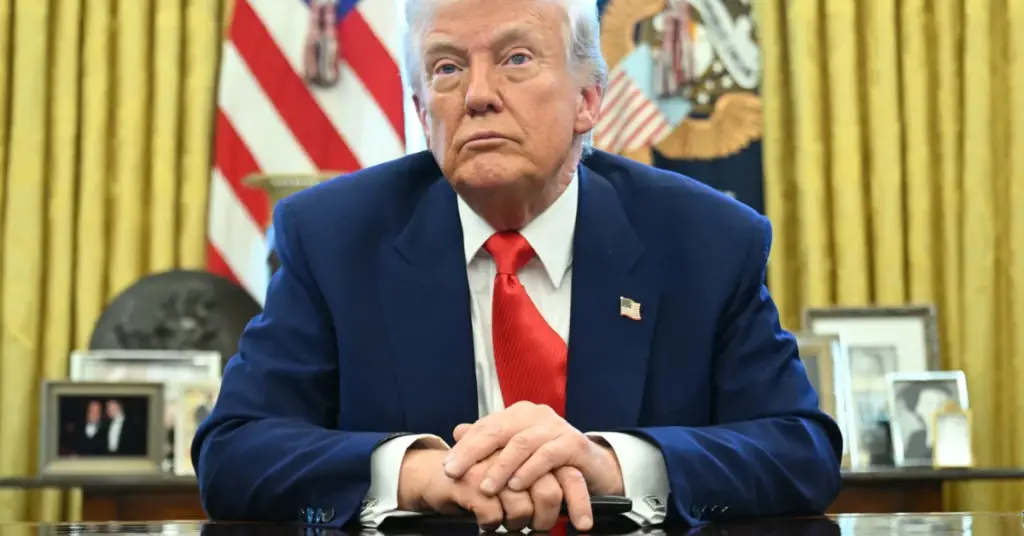
That puts the case in a strange situation—the U.S. Supreme Court says Garcia should be returned, but both the Trump administration and El Salvador’s government say no.
Accusations of Gang Ties
Part of the reason the Trump administration has resisted Garcia’s return is that they believe he is connected to the MS-13 gang. However, Garcia has strongly denied any gang affiliation. He says he is innocent and was simply trying to provide for his family.
So far, no concrete evidence has been made public that proves he was involved with any gang. Critics say this kind of unverified claim is often used to justify harsh immigration policies without due process.
Critics React: A Threat to the Rule of Law?
Legal experts, political commentators, and civil rights activists have expressed deep concern over Trump’s comments and actions.
One legal scholar said, “When a president says he doesn’t know if he has to follow the Constitution, that’s not just a mistake — that’s a threat to our democracy.”
Others say that Trump’s comments are part of a bigger pattern. Since beginning his second term, Trump has often bypassed Congress to issue direct executive actions. He has also claimed that U.S. district judges should not have the final say on issues like immigration or national security — that the president alone should decide.
What Does This Mean for the Future?
The U.S. Constitution was designed to prevent any one person from having too much power. It clearly outlines the roles of the president, Congress, and the courts. It also ensures that everyone, regardless of status, has basic legal rights.
If a president can ignore Supreme Court rulings or delay action based on legal wordplay, it weakens the very system meant to protect justice.
Trump’s approach may appeal to those who support stricter immigration controls, but many are now asking, at what cost?
Final Thoughts
At the center of this story is a man who may have been wrongfully deported and separated from his family. But even more importantly, the case is testing America’s commitment to its own laws and values.
Trump’s unclear stance on the Constitution raises serious questions: Can a president pick and choose which parts of the law to follow? Does personal belief override legal obligation?
As this case continues to unfold, one thing is clear — the Constitution is not optional. It’s a promise made to every person on U.S. soil. Whether or not Trump agrees with that, the law says otherwise.
Disclaimer: This article has been meticulously fact-checked by our team to ensure accuracy and uphold transparency. We strive to deliver trustworthy and dependable content to our readers.

